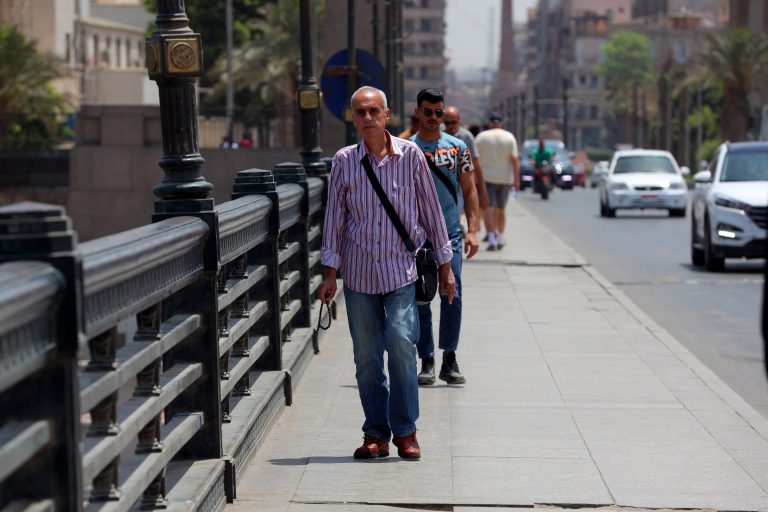São Paulo – Regional geopolitical tensions present a challenge for the advancement of Egypt’s economy. The International Monetary Fund (IMF) issued a statement on Wednesday (20) outlining the country’s economic outlook, following a visit to Cairo from November 6 to 20 for the fourth review of the Extended Fund Facility (EFF). The mission to Egypt was led by Ivanna Vladkova Hollar, head of the Middle East and Central Asia Department at the IMF.
The EFF is facility through which the IMF provides medium-term assistance to countries in need, aiming to help them with economic issues. In return for the financing, the fund monitors the country’s economy and the reforms implemented to foster improvements.
“With ongoing multiple geopolitical tensions in the region, the economic outlook for the region, including Egypt remains challenging,” Hollar was quoted as saying in the statement, mentioning the conflicts in Gaza and Israel and trade disruptions in the Red Sea that negatively affect the economic environment and cause declines of up to 70% in Suez Canal receipts, which are a significant source of foreign currency for Egypt. “In addition, an increasing number of refugees is adding to fiscal pressures on public services, especially health and education,” she said.
“Against this difficult external environment,” Hollar stressed, “the authorities have implemented key reforms to preserve macroeconomic stability.” She mentions the unification of the exchange rate since March and said the Central Bank of Egypt reiterated its commitment to sustain a flexible exchange rate regime to shield the economy from external shocks.”
“In addition,” she said, “substantial monetary policy tightening has helped contain inflationary pressures, albeit progress has been temporarily restrained by increases in administrative prices.”
At the same time, it was agreed with the authorities that further efforts will be needed to mobilize domestic revenues, contain fiscal risks (especially those stemming from the energy sector), and expand the social safety net. “Promoting private sector development as the main engine of future growth is key to ensure sustained macroeconomic stability, create jobs, and unlock Egypt’s economic potential for the benefit of all Egyptians,” said Hollar.
Among the plans presented by the authorities and praised by the IMF are the simplification of the tax system, improvements in customs procedures, and the facilitation of trade. According to the statement, the IMF mission encouraged the government to accelerate its divestment plans and reforms to reduce the state’s presence in the economy. Discussions will continue in the coming days to finalize the agreement on policies and reforms for the fourth review.
To address climate change
However, Hollar said the Egyptian authorities and the IMF staff made substantial progress in these discussions for the completion of the fourth review of the EFF, which included additional reforms that could help further reduce the risks associated with climate change in support of Egypt’s request to access the Resilience and Sustainability Facility (RSF). This is another type of financing, in this case to address long-term challenges, including climate change.
Read more:
Brazil, Egypt broaden strategic partnership
Ten Arab countries in Alliance Against Hunger
Translated by Guilherme Miranda




